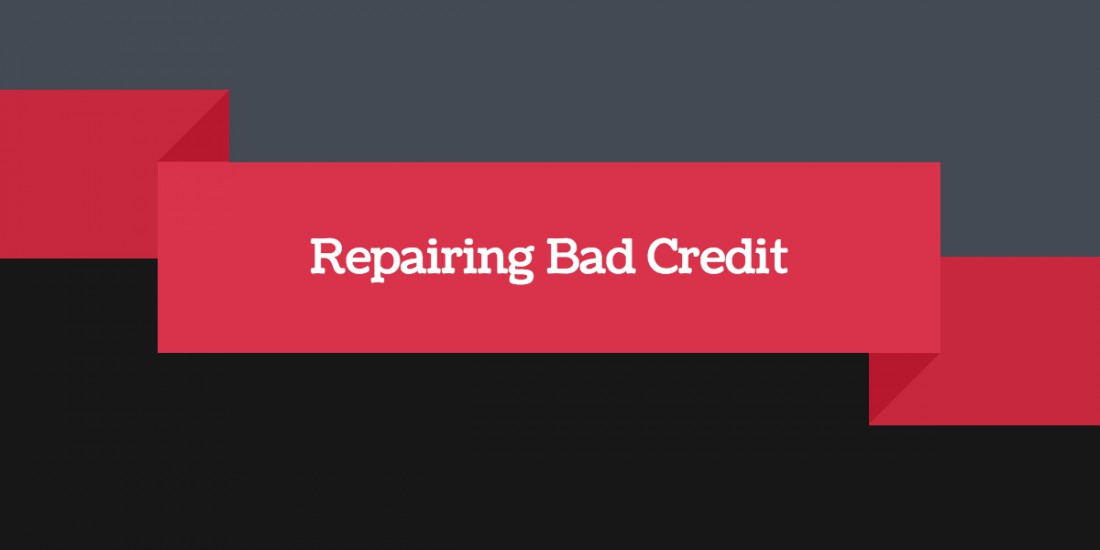In today’s day and age, credit is more important than ever. Good credit history can save you thousands when making large purchases and sometimes be the difference between a yes and a no. It isn’t a matter of if you will buy a car or home (or boat, helicopter, jet airplane, etc) but when. If you haven’t made a large purchase before then your credit score may not be in the forefront of your mind but it should be.
We are here to tell you real money savings occur over time by having excellent credit and can create real opportunity for your financial well being. It can be boring to look at the numbers for those who don’t nerd out over finance and mortgages, like us here at O2, but were here to help. By taking the right steps, good credit can be worth over $100,000 to you over time.
If there are two individuals both in their thirties looking to buy a home within the same price range, the difference being one has excellent credit and the other bad credit, the borrower with poor credit will pay over $172,083 more then the borrower with excellent credit (see below).

So what if you don’t fall in that excellent or even good category and you are getting ready to buy a home…. Do you accept your not good credit and continue to save for a down payment…
We Say NO!
It is better to repair bad credit then to have bad credit and save!
Taking some time over 3, 6 even 12 months to improve your credit can make a big difference in the type of interest rate and programs you can get.
Here are three easy and effective first steps, You can do TODAY that can get you on your way to improving your credit….
Automate all your Credit Card Payments
35% and the largest portion of your credit score reflect your payment history. Automatic payments cut out having to remember or keep track of paying credit cards on time. Any late payments can severely drop your credit score. Cut out the worry and have payments set up automatically. In an ideal world you want to pay off your entire credit card balance each month, but if you can’t you will still improve your score by at least paying the minimums on time.
Paying Off Debt
Make a plan that is realistic to chipping away at your debt each month and stick to it. This might take some time. There are two schools of thought when paying off your debt:
- Payoff the debt with the highest interest rate first
- Mathematically and financially, this makes a lot of sense. As you reduce your balances, the debt you still owe will cost you the least so more of your money can go to paying off your debt
- Payoff the debt with the lowest balance first
- Psychologically, paying off the lowest balances first will give you quick wins. You’ll payoff something fastest this way and get the satisfaction early on, giving you momentum to keep it up.
Ultimately, as long as you decide on a plan and stick to it, you’ll be in good shape!
Keep Old Accounts Open
History is a very important. The longer your open credit accounts are reporting the better it is for your score. Look at it this way, two people have never missed their payments and pay their credit cards off every month. However, one has been doing this for 25 years and one for 25 weeks, which is more likely to continue doing so?
Drew’s Tip: I got my first credit card when I was a teenager. I had no credit to speak of and therefore had to put down $500 as collateral and I was given a $500 credit limit. I paid on time and slowly built my credit. I now have credit cards with $20,000-$30,000 limits, however, that first credit card I still have open and for some reason only has a $750 credit limit. If I never use the card, eventually the credit card company might decide my business isn’t worthwhile and cancel. Therefore, I charge my reoccurring $9.99/mo Netflix.com account to the card each month and subsequently auto-pay the card. It never leaves my desk drawer and I never have to think about it.
Remember improving your credit score is a marathon not a sprint. Give yourself some time to plan ahead.




